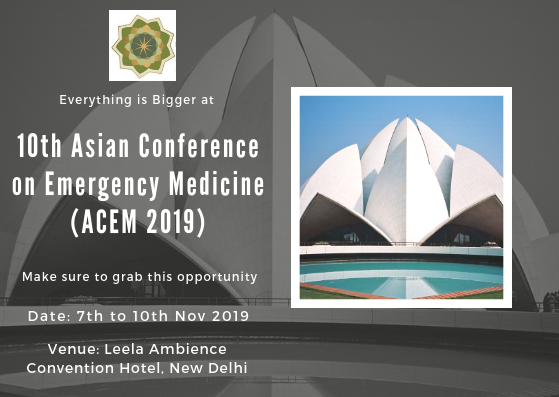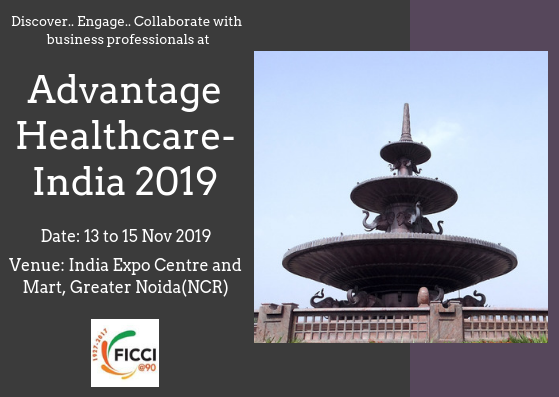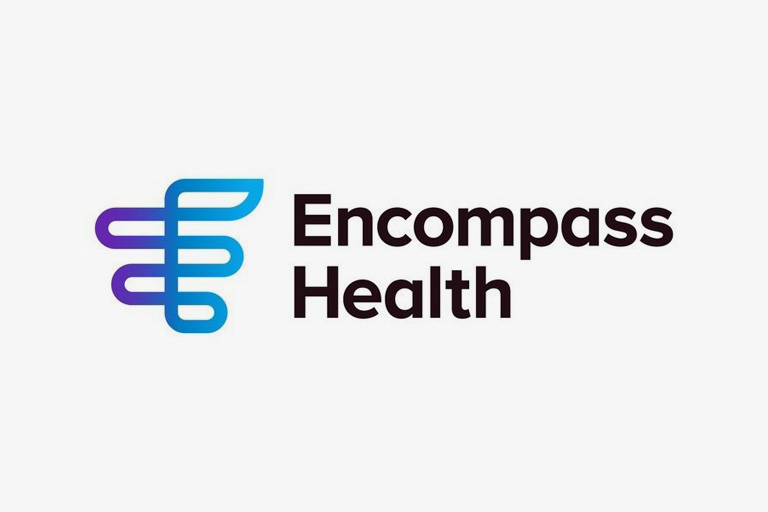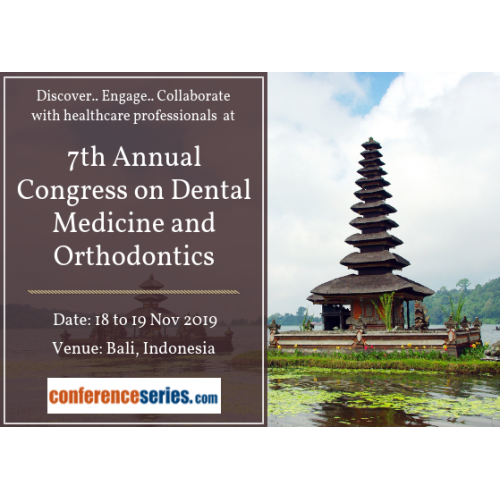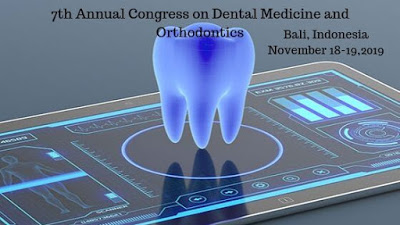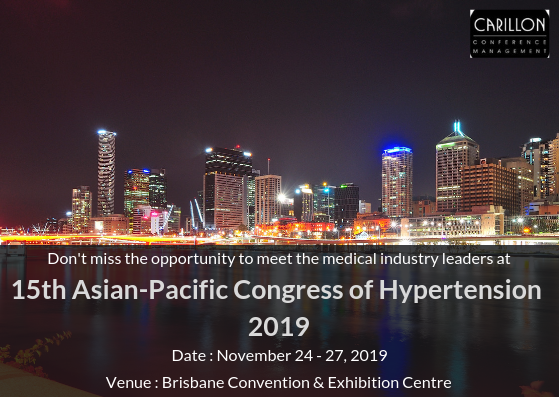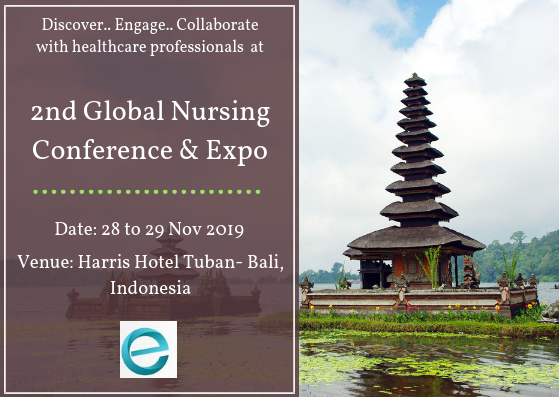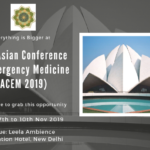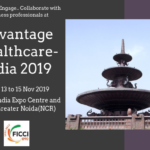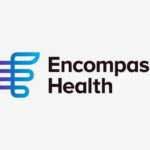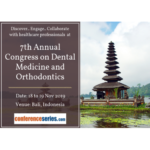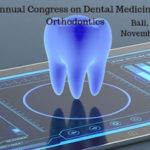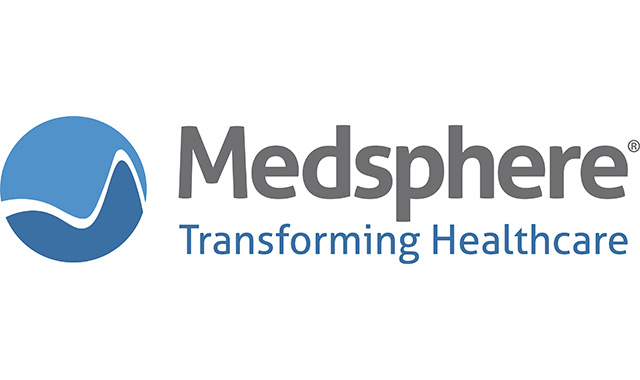
The focus of federal efforts to incentivize healthcare IT adoption has primarily been on electronic health records (EHRs), which are oriented around hospitals and physician offices. Moving forward, EHRs will remain the anchor technology as data from other devices and applications flows in and becomes both available and comparable.
It’s become readily apparent that healthcare IT is much broader than EHRs alone. Increasingly, healthcare IT is a web of interconnected devices and applications that can feed data to the EHR. So, instead of focusing intently on how healthcare IT can alter inpatient safety and quality, we’re better off looking at technology as all the tools patients and doctors can use to maintain and improve health.
Why might this shift in focus be important? One obvious reason is that hospital and emergency care are expensive. The average cost for a single inpatient day in the United States is more than $2,200. The average cost of an ER visit is about the same—$2,168—without being admitted.
The better reason is that hospital visits often mean something has gone wrong. Sure, some hospital stays or visits are required because life is messy and people get in accidents. But others are the product of preventable scenarios. Instead of focusing on crisis-scenario work, perhaps there is wisdom in focusing on the more mundane tasks technology can perform to keep people out of the hospital.
How, specifically, can we use IT to make patients better shepherds of their own care?
- Identify at-risk patients. Age, ethnicity, health history, gender, geographic location and other population health data give healthcare professionals a pretty good idea of who will get sick. Obviously, primary care providers also have a significant role to play when it comes to identifying potential health problems and engaging the patient in a plan to avoid them.When it comes to at-risk patients, technology is essential but not sufficient on its own. A better approach might be a care management scenario that combines big data analytics, the collaboration of multiple providers, and human insight.
- Monitor patients’ vitals and welfare. For a while now, wearable devices have given healthcare the ability to track patients outside of the hospital and clinic. That tracked data can be relayed wirelessly back to the EHR and is available to physicians when they check patient status.Remote patient evaluation is also available more directly via telehealth. Through remote consultations and evaluations, a physician can usually determine whether a patient should come to the hospital or is fine at home. As is often mentioned, telehealth offers great potential in terms of treating patients in remote areas where hospitals and specialists are few.
- Remind patients of appointments. No-show rates for patients vary wildly—anywhere from 5 percent to 55 percent—with similarly varying impact on patient health. Sometimes a patient misses a cardiac stress test and shortly thereafter suffers a heart attack. Other times a routine checkup is missed with no physical fallout.The point is that patient portals and regular communication provide services both banal—the patient is simply reminded that they have an appointment—and potentially essential in the case of a cardiac diagnostic. Regular communication in advance of a test is an opportunity to provide patients with reassurance and more information on the potential benefits of attending the appointment.
- Empower them to manage their own care. Especially regarding behavioral health, technology enables patients to learn self-management techniques that improve coping skills and ideally prevent incidents requiring hospitalization. Support for self-directed or self-managed care comes from Health and Human Services, the Centers for Disease Control and Stanford University Medical School, among others. For self-directed care objectives, mobile phone applications can remind people to take medications, track heart rates, help with stress and anxiety, and improve thinking skills, to name but a few benefits.It’s limiting, however, to think of self-managed care as essentially behavior health-related. All patients can benefit from technological assistance with taking medications regularly, improving dietary choices, monitoring blood pressure and getting some exercise. All of these daily activities could help keep someone out of the hospital.
- Provide educational information. The internet is a jungle of information, some of it benign and some much less so. Hospitals and practices can direct patients toward reliable sources and can provide their own via PDF documentation and the patient portal. In fact, the internet is both an animating and potentially complicating factor in patient care, requiring providers, perhaps especially nurses, to evaluate information patients bring to appointments and correct as necessary.
Of course, the ultimate focus in reducing hospital admissions is on patient health and welfare, but the corollary is runaway health costs in the United States and the need to wrestle them into submission. Once hospital admissions take place, things get expensive, making just about all efforts leading up to the hospital visit more attractive and cost effective.
The federal government (CMS, HHS) has made reducing hospital readmissions a primary objective and a criterion impacting hospital reimbursements. But there can’t be a readmission if admission is avoided in the first place. Moving forward, integrated, aware health systems will focus as much on preventing hospital visits as they will on making sure patients don’t come right back.
D’Arcy Gue is Director of Industry Relations for Medsphere Systems Corporation.














